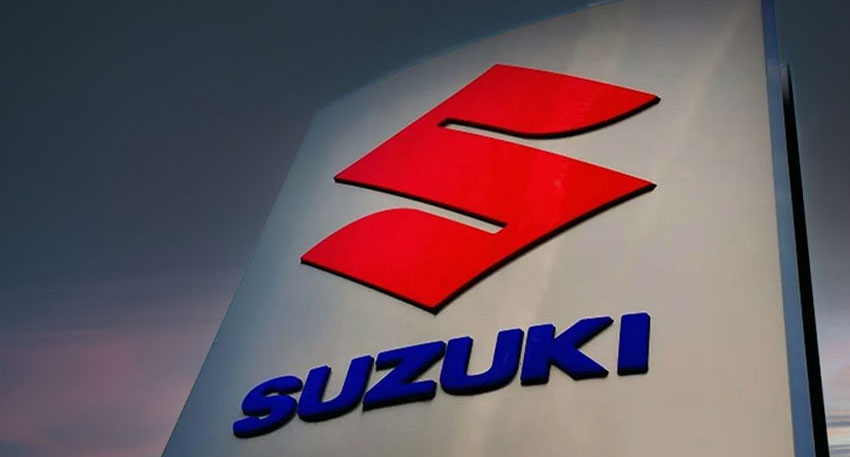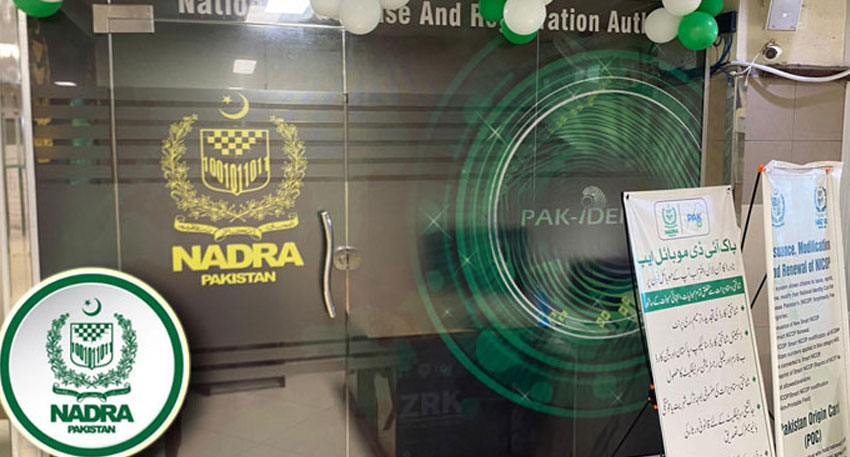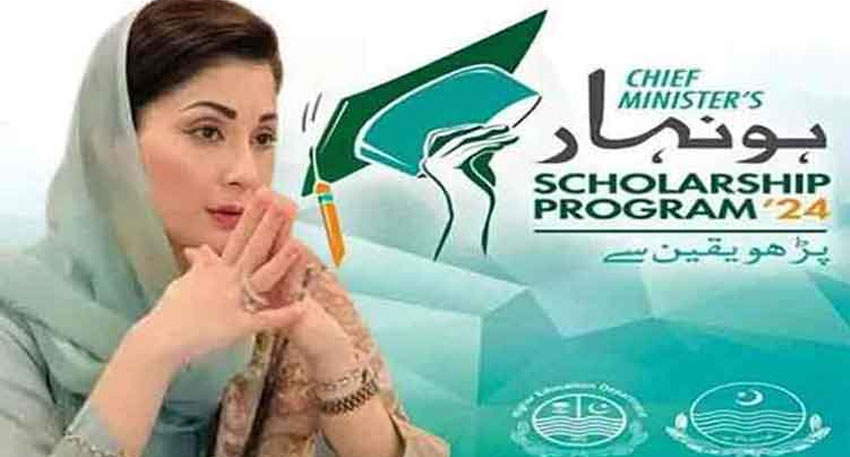
Pak Suzuki Motor Company has called the policy “unsustainable” and “potentially catastrophic” for Pakistan’s already struggling local auto industry.
Speaking at a press briefing in Lahore, Managing Director Hiroshi Kawamura, along with senior company officials, laid out serious concerns about the impact of cheaper imported cars on domestic manufacturing.
According to company data, used car imports already hold a 25% share of the market, while local production plants are operating at just 40% capacity.
“We’ve built this from the ground up over four decades. Tearing it down now would be a major mistake,” said a Pak Suzuki official.
While Pak Suzuki supports aspects of the National Tariff Policy 2025–30, especially those focused on reducing raw material costs, it drew a clear line against cutting tariffs on completely built units (CBUs)—finished imported vehicles.
Officials warned that:
• Tariff cuts on finished imports would cripple local assemblers, making Pakistani-made vehicles uncompetitive.
• Job losses would rise, and local vendor networks—already fragile—could collapse.
• Localization efforts would suffer, impacting an industrial base that relies on Suzuki’s procurement of over Rs. 50 billion worth of local parts annually.
Despite market pressures, Suzuki is not pulling back. Executives confirmed:
• The Cultus and Wagon R models will be phased out, with next-generation replacements already in development.
• A new SUV model is undergoing trial testing, aimed at balancing affordability with modern design.
• The Suzuki Ravi will be relaunched by the company after the upgrades linked to the redesigned Bolan are finalized.
Also Read: Vlektra special edition bike comes with easy installments
Affordable mobility is and remains Pak Suzuki’s main priority as reiterated by them. This means that local sourcing will be prioritized and excess features will be stripped to ensure prices don’t go overboard and the quality of vehicles isn’t compromised.
Kawamura acknowledged the global shift toward electric vehicles (EVs) but noted Pakistan’s lack of charging infrastructure makes a full EV rollout unrealistic at the moment. Instead, Suzuki is developing a hybrid vehicle tailored for the Pakistani market, with launch plans expected soon.
“EVs are a long-term play. We’re watching the space but not moving just yet,” Kawamura said.
Please note that this information has not been confirmed or denied by the company’s officials.
As policymakers consider updates to tariff structures and import regulations, Pak Suzuki’s message is clear: support local production, or risk dismantling decades of automotive progress in Pakistan.




